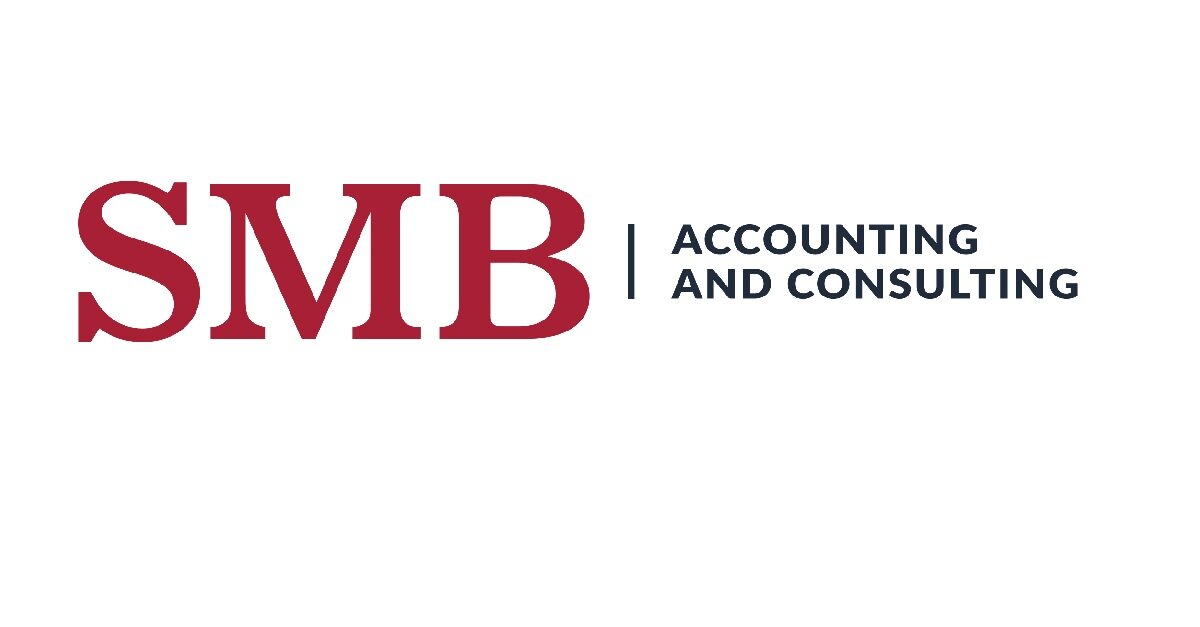The Importance of Cash Flow for Small Business Owners
Running a small business comes with its fair share of challenges, especially when it comes to financial management. As a small business owner, understanding the importance of cash flow is crucial for the success of your venture.
What is cashflow? Cash flow is the movement of money into and out of your business during a specific period. It represents the lifeblood of your company, allowing you to cover expenses, pay employees, invest in growth opportunities, and ultimately stay afloat. A positive cash inflow means more money is coming in than going out, providing financial stability and room for growth. A healthy cash flow is the backbone to a thriving business.
Owners often focus on revenues and profits and overlook the importance of managing the cashflow activities of their business. This can be a critical mistake as having insufficient money in the bank can lead to significant challenges and even business failure. It can prevent you from meeting your financial obligations, paying suppliers, or taking advantage of opportunities for expansion. Poor cash flow management can also result in missed opportunities to invest in marketing, product development, or hiring key personnel, all of which are vital for sustainable growth.
Owners can manage the cashflow of their business by:
· Streamlining Accounts Receivable: Encourage timely payments from customers by implementing clear payment terms, offering incentives for early payments, and promptly following up on overdue invoices. Consider implementing digital invoicing and online payment systems to expedite the process.
· Optimize Accounts Payable: Negotiate favorable payment terms with suppliers without jeopardizing relationships. Ensure that payments are made on time to maintain good credit and avoid late payment penalties.
· Monitor Inventory Levels: Avoid tying up excessive cash in inventory by keeping a close eye on your stock levels. Identify slow-moving or obsolete items and consider liquidating them or offering discounts to free up capital.
· Control Expenses: Regularly review your expenses and identify areas where you can reduce costs without compromising the quality of your products or services. Look for opportunities to negotiate better deals with vendors or explore alternative suppliers.
· Enlist the help of an accountant who can assist you with creating a cash flow forecast to predict expected cash inflow/outflows, identify potential shortfalls or surpluses and plan accordingly. These cashflows should be updated on a regular basis to reflect any changes in business operations.
Understanding and effectively managing cash flow is essential for a small business owner to maintain financial stability and foster growth. Streamlining accounts receivable and payable, monitoring inventory, controlling expenses, and seeking professional accounting assistance to optimize cash flow management will set your business on a path to success.

